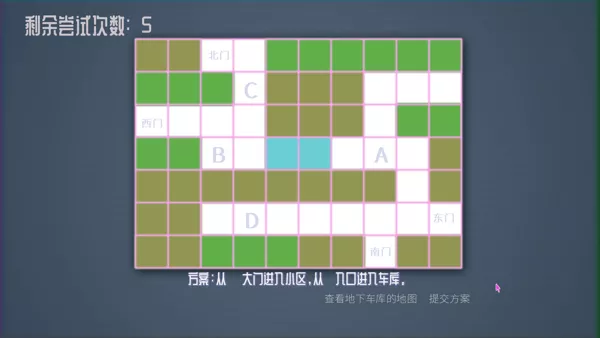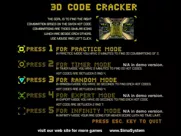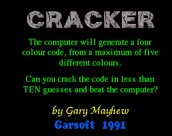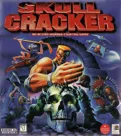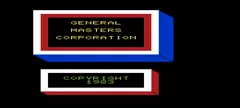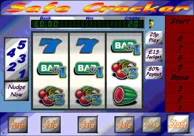Code Cracker
Official Description (Ad Blurb)
Work in progress. Coming soon in 2019!
## Gameplay
The gameplay mixes the experience of education simulation and puzzle solving.
You will spend your day with game characters as a college student in this fictional world.
It's totally up to you what you would like to do every day... And your choices decide what ending you will arrive at.
There's more collection for you exploring such as garments and items.
(This is still a work in progress. We will disclose more information later.)
## Game Story
The protagonist's sibling (gender depending on the protagonist's gender you choose) committed suicide by falling from a building six years ago.
From that day on, the protagonist has lived in immense distress.
Soon after the SAT tests, the protagonist received an email from the deceased sibling, in which it was revealed that was never a simple suicide, and that the truth was hidden in Lianhai Technology University which they attended before they died.
How could a dead person send an email anyway?
To seek the truth, the protagonist applies the college that their sibling mentioned in the email and joined the Student Union that their sibling used to serve, which leads to a series of battles against the notorious hacker group C.O.D.E in the college...
During which, the protagonist find themselves getting closer and closer to the truth.
## Features
* Education simulation and puzzles.
* Nostalgic graphic and retro music.
* Protagonist of selectable gender.
* A huge map to freely explore.
* Rich plot of side events.
* Multiple endings.
Source: Steam Store Description
Groups +
Promos
Analytics
Identifiers +
Contribute
Are you familiar with this game? Help document and preserve this entry in video game history! If your contribution is approved, you will earn points and be credited as a contributor.
Contributors to this Entry
Game added by BOIADEIRO ERRANTE.
Game added December 8, 2020. Last modified December 27, 2024.






